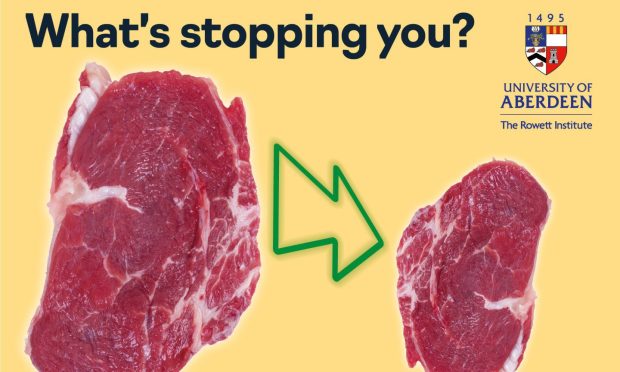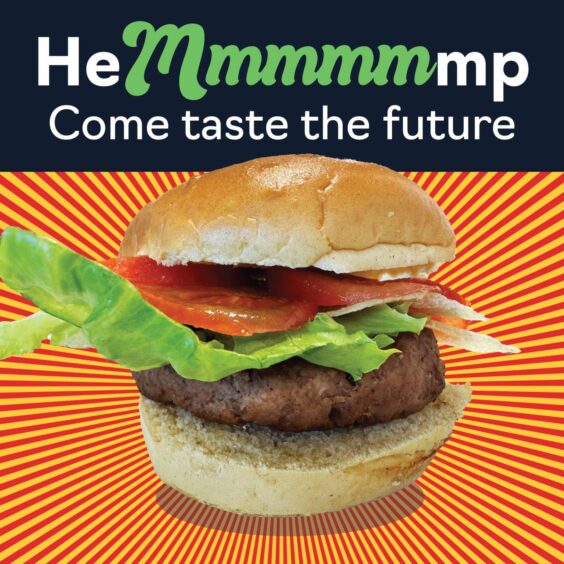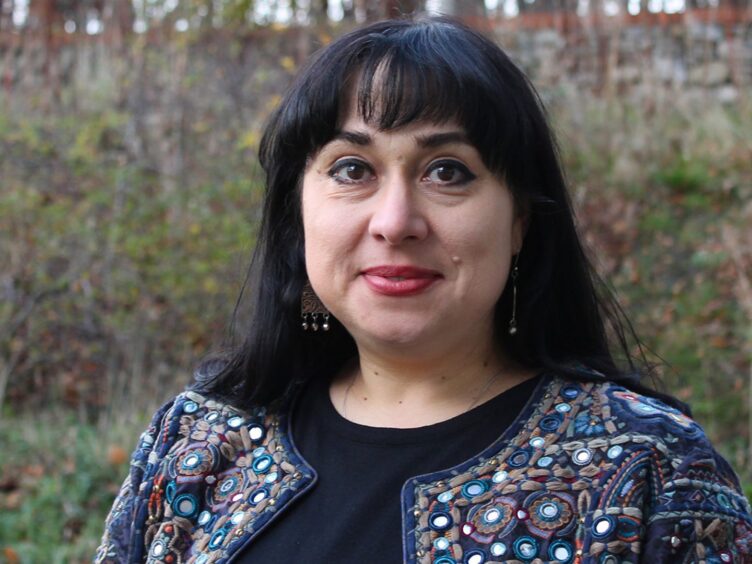Want to eat less meat in 2025?
Aberdeen’s world-famous food research centre, the Rowett Institute, is on the hunt for volunteers willing to swap their T-bones for tofu and briskets for broccoli.
The study, which launches next year as part of a trio of Rowett volunteer-led food projects, is aimed at encouraging healthier and more sustainable eating habits.
It needs candidates who eat meat at least six days a week and are prepared to cut that down to three times per week for three months.
Researchers say the study will shed light on why people are unable to stick to more meat-light diets, even when they know they are healthier and more “planet-friendly”.
Lead researcher Dr David McBey said: “Eating less meat is important to help the planet and save resources, but it can be hard because of habits, traditions, or not having other options. Our study wants to find out what makes it tricky for people, so we can help them make changes more easily.”
As part of the study, volunteers will keep food diaries, fill in questionnaires, and be interviewed about their eating habits during the trial period.
Rowett Institute trials that deliver food to your door
Two other Rowett studies looking for volunteers will also try to uncover what prevents people from eating healthier foods – and include food delivered to your home!
One, which is only open to 18-30-year-olds, involves eight weeks of monitoring existing diets, followed by eight weeks of being provided with personalised food swaps, and another eight weeks without supplied food to see what happens next.
It targets younger people who eat red meat most days and would like to make their diets healthier and more sustainable.
“Are you looking to change your diet for your personal health and the health of the planet but do not know how? You are not alone,” said lead researcher on the study Dr Magaly Aceves-Martins.
“We would love you to join this study to help us understand how easy or difficult it is for you and others to swap the red meat in your diet with fish or plant-based foods.”
Join up for a five-day hemp foods diet
The other trial is for 18-70-year-old meat-eaters with no food allergies who will receive meals and drinks prepared by the Rowett Institute’s nutritionists for 10 days, including five days of a low-carbon-footprint diet rich in hemp foods.
It is part of a project to encourage the growing of hemp as an agricultural crop in Scotland to improve public health and meet climate change goals.
Lead researcher on the hemp trial, Dr Madalina Neacsu, said: “By identifying the components from the Scottish diet which contribute the most to the carbon footprint score, we have designed a low-carbon-footprint diet based on hemp food and ingredients to replace protein, fibre, and fat.
“Specifically, we will assess how a diet rich in hemp impacts people’s hunger and understand how the body metabolises the hemp nutrients and their impact on their gut microbiota.”
A 20% cut in meat consumption by Scots over the next six years – and a 35% reduction by 2050 – is recommended by the Climate Change Committee to help reach the country’s net-zero targets.
The Rowett Institute, which is part of Aberdeen University, is running the trials as part of a Scottish Government-funded programme.
Check out The Rowett Institute’s volunteer page for more details on applying.





Conversation